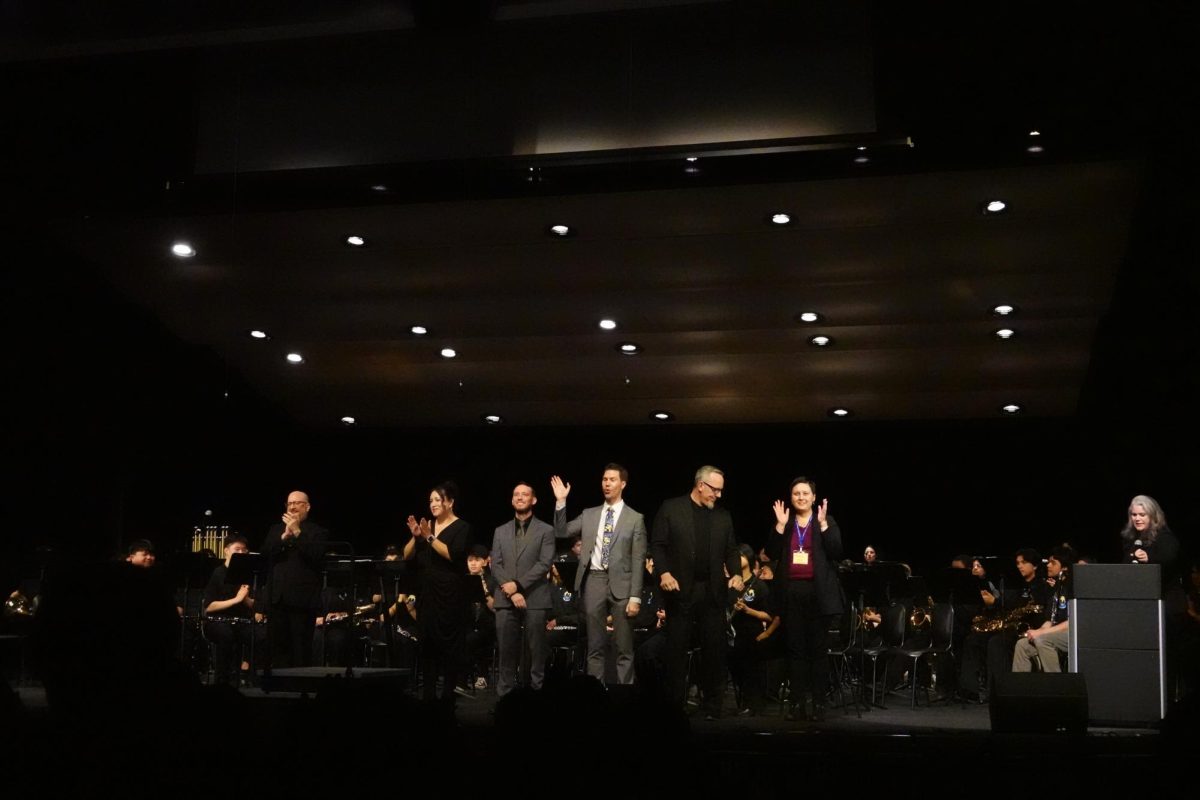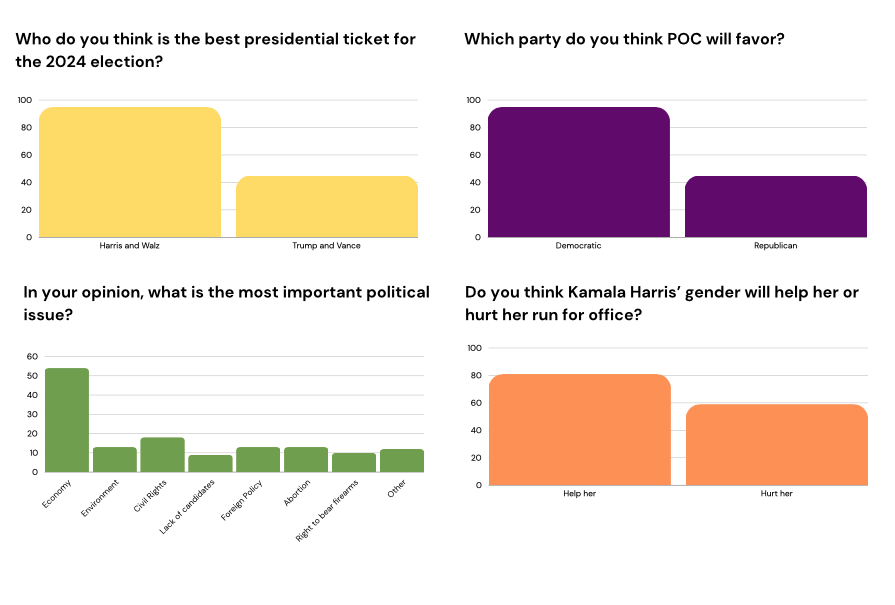On October 7, 2023, Hamas, the Palestinian governing body of Gaza, which the US recognizes as a terrorist organization– launched an unprecedented assault on Israel. Hamas besieged Israel with a hailstorm of rockets bombarding Israeli communities near the Gaza Strip, followed by hundreds of armed militants decimating civilian areas and abducting Israelis and foreigners. An estimated 200 people were kidnapped, comprising 20 adults over the age of 60 and 30 teenagers and young children. Israeli casualties exceeded 1,400 within the first day of the siege.
Following the assault, Israel declared war and began targeting what it asserts are targets in Gaza belonging to Hamas and Islamic Jihad. Israel began to strike back with another salvo of rocket strikes directed at Gaza. Additionally, it cut off the flow of water and fuel supplies to the Gazan populace. Despite Hamas being the intended target, several thousand Palestinian civilians have been killed. The estimated number of casualties in Gaza is at least 6,000—at least 2,704 of which are children.
The European Union and the U.S. have taken Israel’s side, condemning Hamas. Unlike the European Union, however, the US—Israel’s closest ally—has provided additional equipment to Israel rather than declaring its position. The U.S. has lent the state more than $260 billion in both military and economic aid over the years.
Despite the war’s seemingly swift start, Palestine and Israel have been at odds since the 20th century. Since Israel’s founding in 1948 as compensation for the horrors the Jewish people faced during the Holocaust, there have been conflicts between Israelis and Palestinians. Over many years, thousands of civilians on both sides uninvolved with the conflicts have died. After capturing Gaza from Egypt in the 1967 war, Israel withdrew its troops and inhabitants in 2005. The Gaza Strip came under Hamas’s control in 2007.
Since the takeover by Hamas, Israel has imposed a blockade on the region, controlling goods, medicine, food, and materials for construction. This position has been maintained by Israel. They argue that because they have been confronted with armed combat from Hamas, they must take the necessary security measures.
The blockade, along with intermittent conflicts and political divisions among Palestinian factions, has led to a humanitarian crisis in Gaza. The ongoing military operations and clashes between Israel and several Palestinian factions in Gaza have significantly impacted the livelihoods of Palestinians in the region. The population faces challenges in accessing necessities like clean water, electricity, healthcare, and education.
With innocent lives on both sides of the war being lost, human rights issues and political divisions began to arise. Those in favor of Israel call for hostages to be released, arguing that Hamas forced Israel’s hand by killing over 1,400 and kidnapping over 200. Those in favor of Palestine call for a ceasefire, arguing that the collective punishment of the 2 million Palestinians in Gaza—who had no say in Hamas’s actions—is unjust. Supporters of Palestine have taken to the streets to protest the war. On October 18, 2023, over 300 protesters were arrested on Capitol Hill while demanding an end to the war and the Gaza Blockade; the rally was started by two Jewish groups.
Some Americans strongly support Israel and believe in its right to defend itself against security threats, viewing the relationship with Israel as crucial for regional stability and shared values. Others emphasize the importance of Palestinian rights and advocate for a more even-handed approach to U.S. foreign policy. Though these differences have caused tension, it is important to recognize that regardless of political stance, a universal interest of these parties—of any party—should be the preservation of innocent human lives.




















